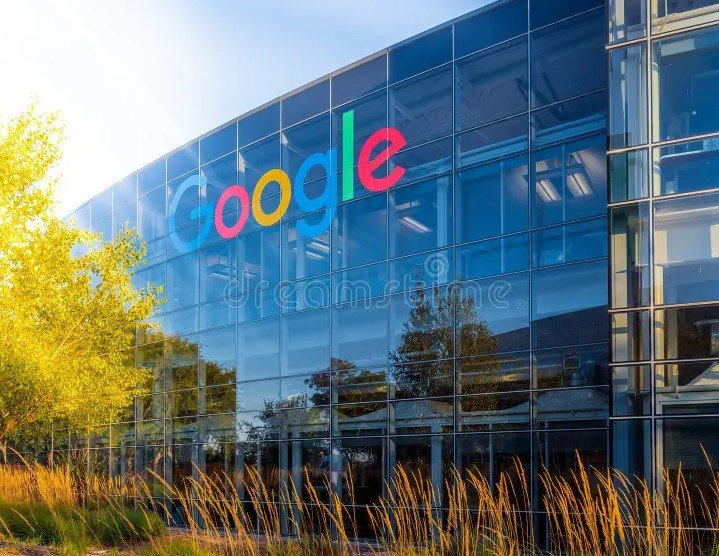Google is cutting deeper, again. And this time, it’s not just about tightening the belt — it’s about preparing for a storm that could shatter the way the internet works.
The company has started offering voluntary exit packages to employees in multiple high-profile units just as it awaits a ruling in the biggest U.S. antitrust case in decades. Depending on the outcome, Google’s entire advertising business — the one that built its empire — might be forced to break apart.
A Fresh Round, But Not the First
This isn’t the first time Google has trimmed its workforce. The retrenchment officially began in 2023, when the company cut 12,000 jobs globally. But this time feels different.
Rather than sweeping layoffs, the company is pushing for voluntary exits — buyouts with severance packages — in some of its most sensitive teams: search, ads, research, and engineering.
Alphabet, Google’s parent, employs nearly 186,000 people worldwide. The exact number impacted by the latest offer? Still unclear.
Some employees found out this week they could take the deal and leave quietly. The company’s official line is it’s “supporting our important work ahead.”
Sounds clinical, but the timing raises eyebrows.

Shadow of a Potential Breakup
While these offers are being made, the U.S. Justice Department is closing in on a verdict that could become a watershed moment for tech regulation. The antitrust trial, which began last year, accuses Google of monopolizing the online search and advertising markets.
A federal judge is expected to rule soon.
And if the decision goes against Google, the consequences could be sweeping. The DOJ is reportedly considering remedies that include separating Google’s ad-tech stack — effectively splitting the firm’s dominance in search-driven ads from the infrastructure that delivers and auctions them.
One sentence from a federal bench could reset how online advertising works for everyone — publishers, advertisers, even consumers.
Just think about that.
Remote Workers Asked to Show Up
Alongside the buyout offers, some remote employees are being asked to return to hybrid schedules if they live near a physical Google office. This isn’t new, but it’s certainly being reinforced now.
According to spokesperson Courtenay Mencini, the company’s goal is to “bring folks more together in-person.”
But with the volatility in the air, some staffers suspect it’s about more than hallway serendipity. Face-time might be the soft nudge before harder changes come.
And yes, people are talking.
Strategic or Nervous?
Google’s leadership isn’t panicking in public. But internally, some see the buyouts as a hedge — a way to quietly trim headcount, avoid headlines, and get ahead of any court-ordered disruption.
Why now?
-
The voluntary nature helps preserve morale.
-
It clears space without triggering public outcry.
-
It preps departments for the uncertain restructuring ahead.
And that uncertainty is real. The Justice Department has made it clear: they believe Google has too much control over how people find things online, how ads are shown, and how money flows across the web.
One exec described it bluntly: “We’re not just playing defense anymore. We’re playing chess while the rules are being rewritten.”
What’s At Stake: Numbers and Nerves
Here’s a look at Alphabet’s most recent workforce data:
| Year | Total Employees | Layoffs/Buyouts | Key Comments |
|---|---|---|---|
| 2022 | 190,234 | 0 | Peak pre-restructure |
| 2023 (Q1) | 186,779 | 12,000 layoffs | Major cost-cutting phase begins |
| 2025 (Q2) | ~185,000 est. | Unknown | Voluntary exit program expands |
Source: Company filings, press reports
It’s not a nosedive. But it’s a slow drip. And that often signals nerves in C-suites — not failure, but recalibration.
It’s Bigger Than Google
This antitrust case could set a precedent that echoes beyond Mountain View. If the government succeeds in forcing structural changes, other giants — think Meta, Amazon, even Apple — might be next in line.
There’s a quiet domino tension in Silicon Valley right now.
And Google, once the darling of dorm-room innovation, is now staring down the government’s heaviest hammer.
Will it be a light tap or a sledge blow? We’ll know soon enough.








